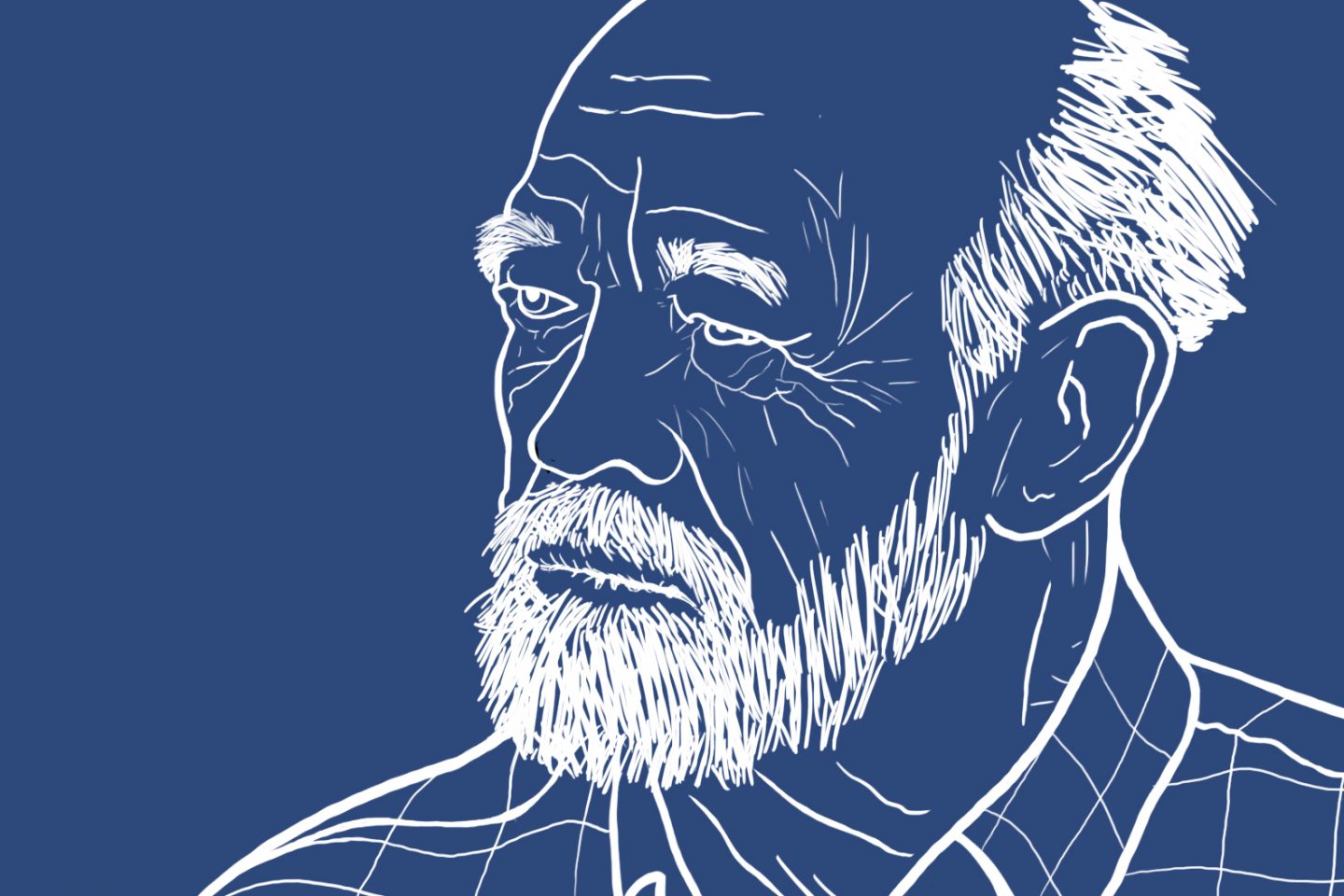“要不要买希望? Would you like to buy hope?” A friend of mine was asked years ago if he wanted to take part in the office Chinese New Year Toto Hongbao draw, the biggest pot to be won every year.
No thanks, he said, I’m Christian.
They struck first prize. (#truestory)
Amid the chaos in the office the next working day, as cheques were drawn up and leave/holiday/early retirement plans made, someone gently asked him: Do you wish you had taken part?
He gave the good Christian answer, as you’d expect – something along the lines of how God will bless in His time. But somewhere in the heart, he heard the whisper: Would it have been so wrong?
This man is a man of deep faith, and that incident was many years ago. He retells the tale now with no hint of regret; God has blessed him in His time.
But looking back, he recognises the challenge being put to his faith that day: How will our earthly experiences affect our view of God? Can our interactions with Man make us perceive and receive the Word and will of God differently?
Do you have friends in full-time church ministry? Compare their salary and lifestyles to others who have chosen to spurn God for the gods of this world – materialism, consumerism. Some pastors do very well for themselves; most I know must learn contentment in having just enough.
Would you then decide that God’s way is inferior, the way of the world superior?
Let’s say you have a mum who has been sick for a long time, and you persevere in prayer, claiming health and healing. Nothing happens, and one day she dies. (This was my personal experience.)
Would you then therefore say that God doesn’t exist?
Maybe – probably – you have Christian friends who say that their only hope for true happiness is in a relationship that exists outside everything the Bible has taught us. Where it isn’t one man, one woman, one lifetime. And you know what? They really do look happy.
Would you then conclude that God was wrong about marriage?
 Which brings us to Eugene Peterson. You may have read about the kerfuffle: First the author of The Message, a modern-language paraphrasing of the Bible, said in an interview that he would officiate a same-sex marriage were he still a church pastor.
Which brings us to Eugene Peterson. You may have read about the kerfuffle: First the author of The Message, a modern-language paraphrasing of the Bible, said in an interview that he would officiate a same-sex marriage were he still a church pastor.
“I wouldn’t have said this 20 years ago, but now I know a lot of people who are gay and lesbian and they seem to have as good a spiritual life as I do. I think that kind of debate about lesbians and gays might be over. People who disapprove of it, they’ll probably just go to another church,” he said.
“So we’re in a transition and I think it’s a transition for the best, for the good. It’s not a right or wrong thing as far as I’m concerned.”
If you try to find God in imperfect people, you will at best find an imperfect god. And that is no god at all.
Cue the Internet equivalent of dropped jaws. The Lifeway chain of Christian bookstores said it may pull Peterson’s books from the shelves.
Then – barely a day later – he retracted the statement.
“To clarify, I affirm a biblical view of marriage: one man to one woman. I affirm a biblical view of everything. When put on the spot by this particular interviewer, I said yes in the moment. But on further reflection and prayer, I would like to retract that.”
 Consider the lessons of Psalm 37 and 73. Palindrome Psalms, written by David and Asaph, which ask and answer the same question: Why don’t good things always happen to God’s people?
Consider the lessons of Psalm 37 and 73. Palindrome Psalms, written by David and Asaph, which ask and answer the same question: Why don’t good things always happen to God’s people?
Better the little that the righteous have than the wealth of many wicked. (Psalm 37:16)
Surely God is good to Israel, to those who are pure in heart.
But as for me, my feet had almost slipped; I had nearly lost my foothold. (Psalm 73:1-2)
The answer, as Asaph tells it, is found in our ultimate destination. “When I tried to understand all this, it troubled me deeply – till I entered the sanctuary of God; then I understood their final destiny.” (Psalm 73:16-17)
But why was the question asked in the first place? Because we, as humans, sometimes allow our view of God to be shaped by what we see around us.
In David and Asaph’s case, they saw the wicked gathering wealth, avoiding illness, lording it over the righteous. And it didn’t make sense to the human heart.
In Peterson’s case, what he saw around him was what society was choosing to declare as acceptable – and at least for one interview letting that shape his opinion of what God would find acceptable.
What he saw around him was semblances of “good spiritual lives” – and momentarily he decided that that would shape his theology.
If you try to find God in imperfect people, you will at best find an imperfect god. And that is no god at all.
In his retraction, Peterson acknowledged the error in thinking. “The goodness of a spiritual life is functionally irrelevant in the grand scheme of things. We are saved by faith through grace that operates independent of our resolve or our good behaviour,” he said.
“It operates by the hand of a loving God who desires for us to live in grace and truth and who does not tire of turning us toward both grace and truth.”
 There’s a lot to admire about Peterson. Even in his original statement.
There’s a lot to admire about Peterson. Even in his original statement.
He was speaking out of that most precious of human traits: Empathy.
It was the pastoral heart in him wanting to love his sheep as a father would: Always wanting and assuming the best of the flock. It was compassion for those with very real, daily struggles. If only all Christians and Christian leaders could share this concern and hope for those in their churches!
What founds your faith? If you dig deep – beneath the holy platitudes, beneath the Christian veneer – what will you find as its bedrock? The wishes of man? The whims of the heart? Or the unchanging, infallible Word and will of God?
And, in his retraction of the statement, Peterson displayed a posture that is as rare as it is noble: Humility.
As a pastor and a teacher, he realised that he’d got lost in the spectrum of truth and love. You cannot afford to speak in one without the other.
Truth without love is a sledgehammer to already broken hearts – a sure way to chase people away from the God we all so need.
Love without truth is walking people into the fire, rather than snatching them from the fire as we are called to do (Jude 1:23).
“Instead, speaking the truth in love, we will grow to become in every respect the mature body of him who is the head, that is, Christ.” (Ephesians 4:15)
 This is the lesson I take out of Peterson’s prevarication. That the messenger is key to the message (or The Message, in this case).
This is the lesson I take out of Peterson’s prevarication. That the messenger is key to the message (or The Message, in this case).
Those who teach will be judged more strictly (James 3:1). As messengers of the Word, it is therefore our responsibility to make sure we teach not from what we think we know, but what we know God thinks.
Not just teachers and preachers – all of us. Called to give an answer for the hope we have, will we have the answer close to heart?
I once heard a little anecdote from Pastor Benny Ho. Let’s say you make a cup of coffee. You add in the coffee beans, the water. Then you open the kitchen door – and someone bumps into you.
What spills out? Milo?
Coffee. Coffee is what you put in. And coffee is what spills out when pushed.
And so it is with faith. What spills out of us when pushed is what we put into us. If we let unfiltered emotion and unharnessed empathy dictate our thoughts, then that is what will spill forth when pushed, as it did in that interview with Peterson. But if we purpose to be filled to the brim with the things of God, we ensure there is no room for anything else to push Him aside.
What founds your faith? If you dig deep – beneath the holy platitudes, beneath the Christian veneer – what will you find as its bedrock? The wishes of man? The whims of the heart?
Or are the positions we take, the postures we adopt, the pastures we seek and the persecution we invite directed fully by the unchanging, infallible Word and will of God?









